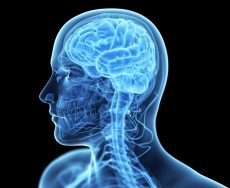Lie: The meaning of life is an unfathomable mystery.
Truth: The core of life’s meaning is clear: to adore and glorify God.
No doubt about it, life is mysterious. Science, or rather Scientism, has worked overtime to extract all mystery out of it and reduce life to organic compounds, processing and electro-chemical signaling. Yet the average person simply doesn’t believe it – it’s quite unbelievable as a ‘faith.’ What we’re left with is a confusing emptiness, a mystery of a mystery. But God never intended it to be so.
LIE: The meaning of life is an unfathomable mystery









